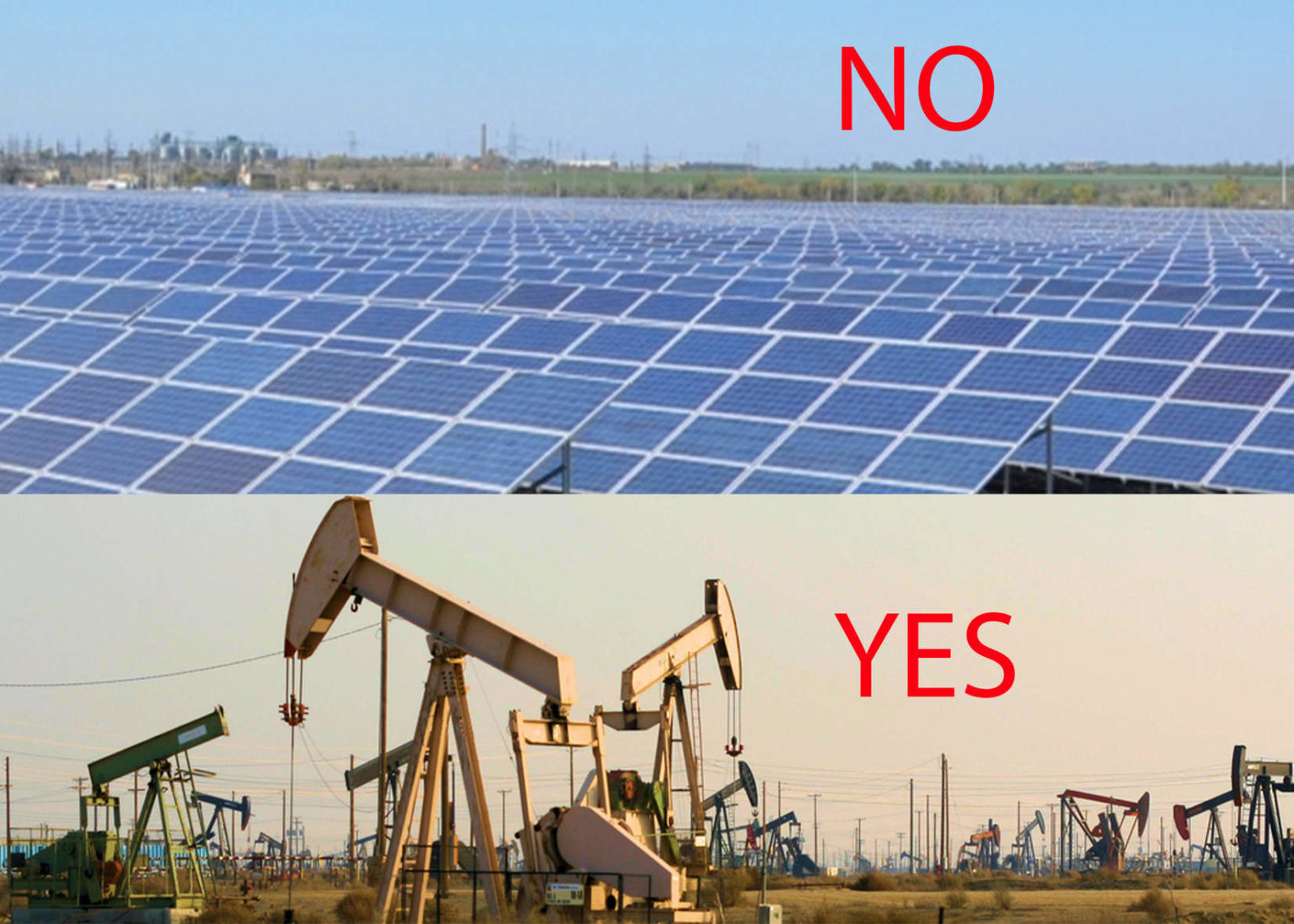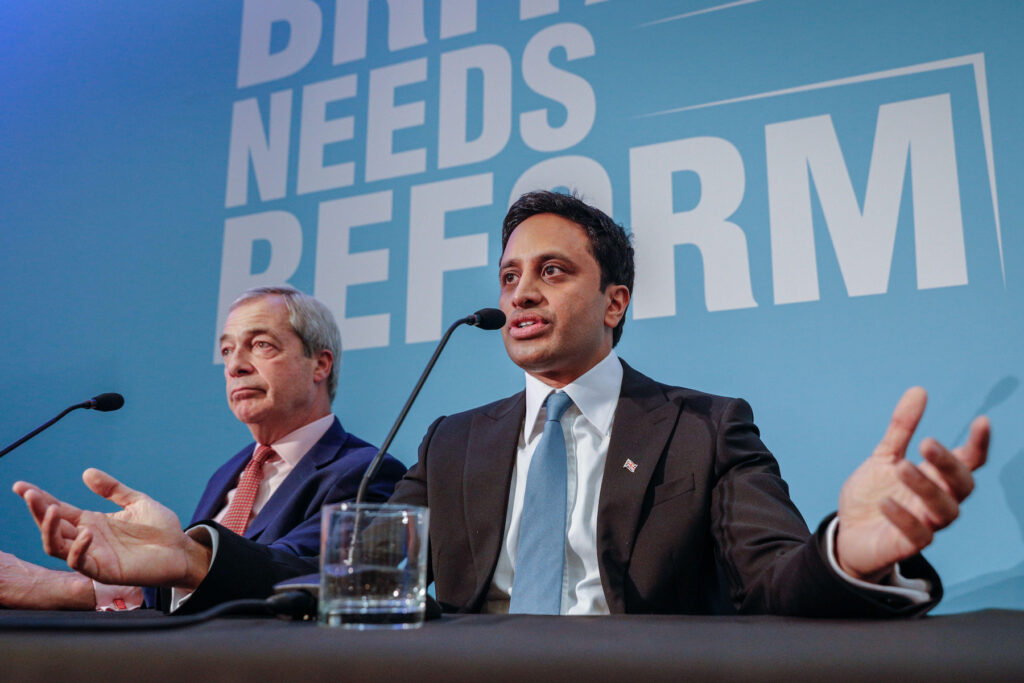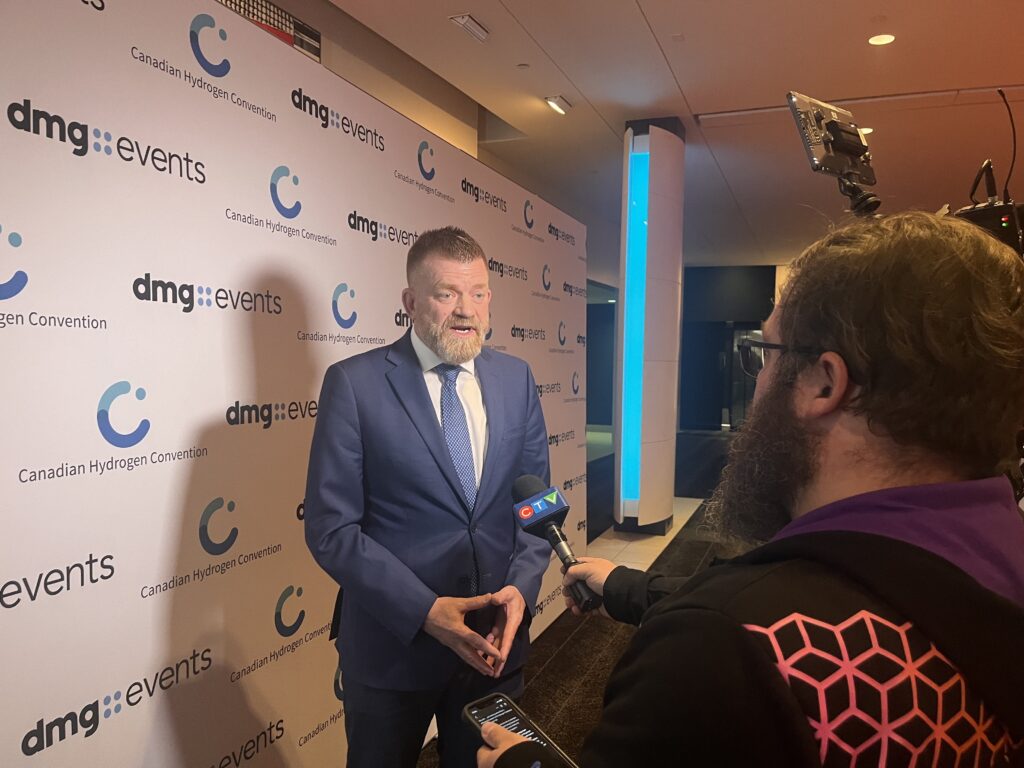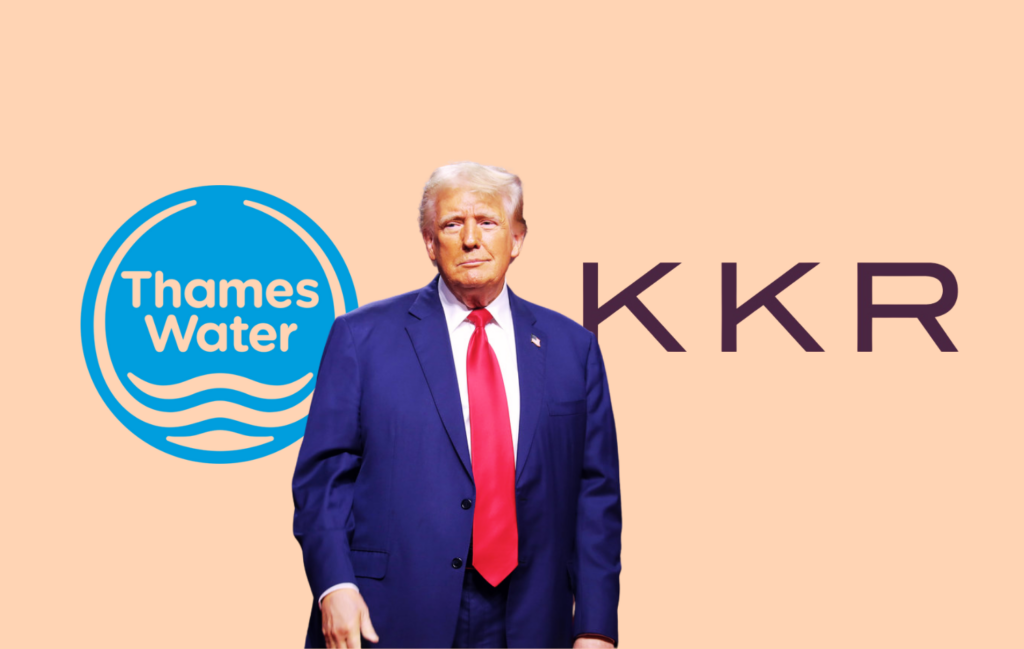Around the U.S., many states and municipalities were voting in the U.S. midterms on races with implications for limiting the environmental and public health impacts of fossil fuels, particularly drilling and hydraulic fracturing (fracking). On cue, however, the oil and gas industry responded by spending massive amounts of money to defeat these initiatives and elect their preferred candidates, with plenty of success.
In just three of those states, energy and fossil fuel companies reportedly spent almost $100 million fighting a price on carbon, a ban on new fracking and drilling near homes, and a more ambitious state renewable energy requirement.
Oil, natural gas and utility companies spent, collectively, nearly $100 million successfully defeating a trio of high-profile ballot initiatives in three Western states: Colorado, Washington & Arizona. https://t.co/RohkwM0SFg pic.twitter.com/iPW4Ktjs2E
— Amy Harder (@AmyAHarder) November 7, 2018
Colorado
In Colorado, the state-wide measure known as Proposition 112 was presented as a common-sense proposal “changing existing distance requirements to require that any new oil and gas development be located at least 2,500 feet from any structure intended for human occupancy.” Current setback requirements for drilling and fracking are 500 feet from homes and 1,000 feet from schools.
In April 2017, an abandoned, uncapped gas line blew up a home in Firestone, Colorado, leaving two dead and sending two to the hospital. Just a few miles and less than a month later, an Anadarko oil well exploded, killing one and injuring three.
The oil and gas industry helped spend approximately $30 million to defeat Proposition 112, using the usual arguments that the measure would have a negative impact on jobs and the economy. Opponents and donors against the measure included the American Petroleum Institute, a state committee of the Koch-funded Americans for Prosperity, and an ExxonMobil state committee.
While the final vote tallies aren’t in yet, the measure definitely was voted down, with current tallies showing over 56 percent of voters deciding against it.
Oklahoma
Earthquakes caused by fracking wastewater injections were a major topic in the race for corporation commissioner in Oklahoma. The corporation commission oversees the oil and gas industry in the state.
One of the main issues Ashley McCray, a 34 year old former activist, was running on was limiting fracking wastewater injection wells to reduce related earthquakes in Oklahoma. Her opponent was the Republican Bob Anthony, who has held the position for 30 years and whose campaign was financed with help from railroad and energy companies, including BNSF, Chesapeake Energy, American Electric Power, and Koch Industries, as well as from fracking pioneer and billionaire Harold Hamm.
While McCray only managed to gain 34 percent of the vote, the local paper The Journal Record credits her campaign with shedding more light on just what the powerful corporation commission does. Industry-caused seismic activity has been a hotbed issue in Oklahoma for years and has managed to cross typical party lines.
Washington
In Washington state, Initiative 1631 was a high-stakes ballot measure proposing a first-in-the-nation fee on the state’s major carbon polluters, including its oil refineries. Based on mail-in ballots counted so far, the measure appears to have been voted down by over 56 percent of voters.
The No on 1631 campaign, primarily financed by the oil and gas industry, including BP and Koch Industries, spent a record $31 million to oppose Initiative 1631. The measure’s proponents also accused the No campaign of misleading Latino voters in the state with Spanish-language flyers that listed endorsements from a dozen Latino businesses that later said they did not understand or approve being listed.
San Luis Obispo County, California
In San Luis Obispo County, Measure G would have used the California county’s land-use powers to ban any new oil production on county land and outright ban fracking.
While the final tally may take weeks, the measure almost definitely failed. Current totals show over 56 percent of voters deciding against it.
This measure addressed an issue that will continue to gain attention across the country: water use. In California, competition for water already is fierce among its many powerful industrial interests, including agriculture, oil and gas drilling and fracking, and fishing (often reliant on dwindling rivers), as well as its large populations and environment.
The debate over water use will continue to be an election year issue in California and elsewhere, and that’s before delving into the fraught issue of potential groundwater contamination from growing volumes of fracking wastewater.
Despite these issues, Measure G failed with help from $8 million of spending from the oil industry.
Arizona
In Arizona, Proposition 127 was a ballot measure that would have required electric power companies to generate half of the state’s energy from renewable sources by 2030. A total of over $54 million was spent on the campaign, with big money on both sides of the issue.
However, the top spender was the industry-backed group Arizonans for Affordable Electricity, heavily supported by the state electric utility. The group spent more than $30 million to oppose Proposition 127.
The results weren’t even close: 70 percent of voters vetoed raising the renewable energy requirement.
Nevada
In Nevada, renewable energy appeared on two ballot measures.
In a proposed state constitutional amendment, Question 3 asked whether consumers should have the ability to choose their energy provider or continue only buying electricity from NV Energy, which currently holds a monopoly on the market in Nevada. As of 2015, 24 percent of NV Energy’s portfolio came from renewable sources, primarily geothermal.
Clean energy advocacy groups like the Sierra Club and Natural Resources Defense Council opposed the measure, saying it would lead to market uncertainty and slow down the significant progress Nevada currently is making with renewable energy and rooftop solar. Billionaire Warren Buffett was among those opposing Question 3, whose No campaign raised approximately $63 million to successfully defeat the amendment, compared to $21 million spent in support.
A more direct vote for renewables in Nevada appeared on Question 6. This measure also would amend the Nevada Constitution and require electric power companies to provide 50 percent of retail customer energy from renewables by 2030. This passed with approximately 60 percent of the vote.
However, in Nevada in order to amend the constitution, the resolution must pass again in the 2020 election. Expect large amounts of money again to shower this issue in two years.
Ohio
Activists in Youngstown, Ohio, a former steel boom town, are nothing if not persistent in their efforts to ban fracking in an area at the nexus of the Utica and Marcellus shales. 2018 represented their sixth attempt to ban fracking via the ballot and they lost once again, as 55 percent voted down the ban.
Elections across the nation gave voters ample opportunity to move toward a clean energy future and away from fossil fuel reliance. In almost every case, they voted to uphold the status quo, with often record-breaking financial help from the fossil fuel industry pushing opinion in that direction.
Main image: Solar Park by Activ Solar and Oil Well Pump Jacks by Richard Masoner. Modified by Justin Mikulka, CC BY–SA 2.0
Subscribe to our newsletter
Stay up to date with DeSmog news and alerts







